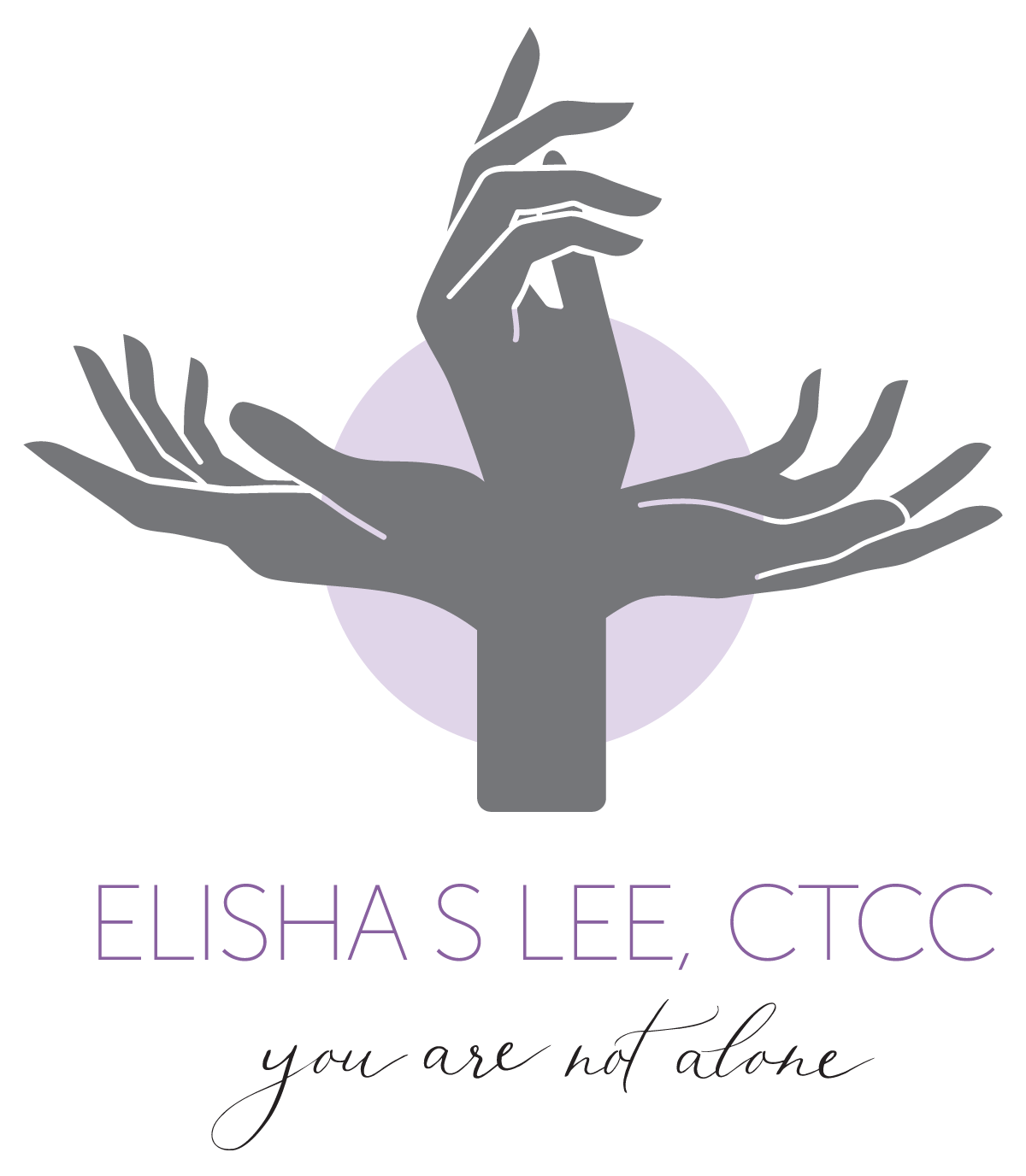Losing a loved one is undoubtedly a heart-wrenching experience that can leave us feeling shattered and overwhelmed. However, it is crucial to understand the nuances between grief and depression. While grief is a natural response to loss, depression is a distinct mental health condition that can impact a person's overall well-being. In this blog post, we delve into the topic of understanding loss and explore the question: Is depression the same as grieving? We explore the differences between the two, offer insights into coping with grief, and highlight the importance of seeking support during the grieving process. Join us on this journey of emotional healing and discover ways to navigate the complex emotions that come with loss.
The Intricate Web of Depression, Anxiety, and Anger: Unraveling the Connection
Excerpt:
The connection between depression, anxiety, and anger is a profound and intricate one. These emotions not only coexist but also reinforce and intensify each other, creating a tangled web. It is crucial to understand the bidirectional relationship between these emotions, as it can help us navigate the path to recovery and healing. By unraveling this connection and exploring coping strategies, we can provide a sense of hope and support for those grappling with these challenging emotions.
When Isolation Causes Depression In the Elderly: How To Help
As people age and their health declines, social isolation becomes more common, leading to an increased risk of depression. Depression in the elderly often goes unrecognized and untreated because it's easy to mistake depression symptoms for other illnesses, medical conditions, or the natural aging process. Therefore, it's essential to understand the causes of depression in the elderly and how to help. Getting elders out of social isolation can help fight depression. In this blog post, we will discuss the causes of depression in the elderly, how to recognize the symptoms, and strategies to help your loved one improve their mental and social well-being to mitigate the effects of social isolation.
Is There A Cure For Depression?
What is the Connection Between Vitamin D and Depression?
Vitamin D is known to be the vitamin that your body experiences while out in the sun. It helps to keep bones healthy and strong, promotes cell growth, and boosts the immune system. Ecclesiastes 11:7 says, “Light is sweet, and it is pleasant for the eyes to see the sun.” Our bodies react positively to sunlight as it touches the skin.
10 Foods That Can Contribute To Depression
When speaking with clients, we also speak and discuss diet as part of their healing journey. Part of self-care is paying attention to our diet and implementing balance within our meals. A 2017 study found that the symptoms of people with moderate to severe depression improved when they changed their diet.
How Stay at Home Moms Can Cope With Depression
Stay At Home Mom (SAHM) depression is taboo to talk about, but common. This depression shows up in moms who are doing continual parenting and household duties, experiencing isolation, and feeling as if they are closed in when it comes to having space to themselves. These moms also tend to feel as if things will fall apart if they are not “everything” to “everyone” in the family. Sticking to a schedule doesn’t help because anything unexpected can happen when you have little ones. It is exhausting.
How Is Social Anxiety and Depression Related?
Social anxiety and depression are two of the most diagnosed mental health conditions in the United States. This disorder affects approximately 15 million American adults and is the second most diagnosed anxiety disorder following a specific phobia. The average age this disorder is diagnosed is during the teen years. Many confuse shyness with social anxiety disorder. However, this is not always the case for those diagnosed.
What is the Relationship Between Imposter Syndrome and Depression?
3 Ways the Brain is Affected by Depression
Depression is a common mental illness affecting many people. It can be debilitating and cause serious complications. Sadness can impact the body by increasing fatigue, cause digestive issues, and produce chronic pain. Untreated depression has the capacity of altering the brain, making the episodes worse.















